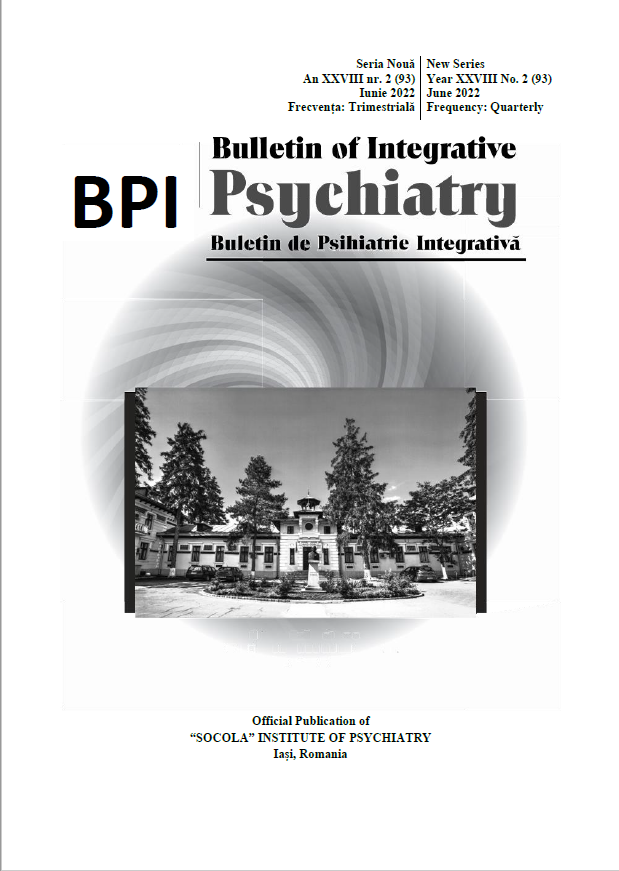Describing some metabolic manifestations in zebrafish models and their possible neuropsychiatric relevance
Describing some metabolic manifestations in zebrafish models and their possible neuropsychiatric relevance
Author(s): Iuliana Simona Luca, Alexandrina Curpan, Cristina Elena Dobre, Alin CiobîcăSubject(s): Essay|Book Review |Scientific Life, Neuropsychology, Health and medicine and law
Published by: Editura Sedcom Libris Iasi
Keywords: Zebrafish; diabetes; glucose; Alzheimer; high-caloric diet;
Summary/Abstract: Diabetes is one of the pressing matters of today modern society due to its difficulty in diagnosis as it can progress fast and become evident or progress slow and go undetected for years, and also its manifestations can differ from individual to individual. The alarming rate of increase of diabetic individuals is worrisome as it is influenced by a plethora of environmental factors, from poor alimentation influenced by political, social-economical and geographical factors to the genetic predisposition of developing it through a parents-to-off-springs mechanism. Throughout history, scientific community has moved from one animal model to another in an attempt to find the perfect candidate to replicate pathologies whereas keeping their suffering in the lows. Over the past few decades, zebrafish has become a well established alternative for pathologies modelling due to its advantages such as low cost, easy maintenance and manipulation, external fecundation, complex behavior and similarity to the human body. In this article, we have presented the current methods of inducing different type of diabetes using zebrafish animal model. Depending on the need and purpose of the research, diabetes can be induced through chemical methods by administrating substances such as glucose and streptozotocin, through diet by means of high caloric intake and through genetic manipulation. All of these methods allow for a better understanding of the pathology and offers the ground for finding more and better therapeutic options.
Journal: Buletin de Psihiatrie Integrativa
- Issue Year: 93/2022
- Issue No: 2
- Page Range: 35-42
- Page Count: 8
- Language: English

